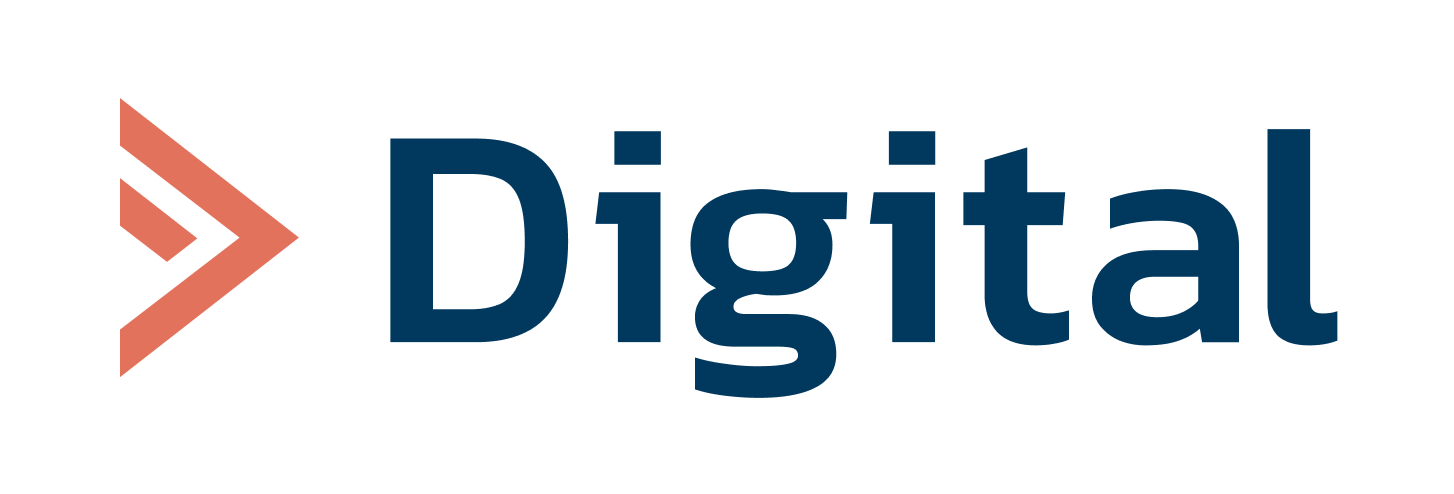The European Commission wants artificial intelligence to grow stronger within the European Union — and do so independently of the United States and China. To that end, it has announced a program aimed at accelerating the development and deployment of AI in key areas of the economy. The Commission plans to allocate around €1 billion to this initiative, drawing from existing EU research projects such as Horizon Europe and Digital Europe. The goal is to encourage member states and private investors to join the program.
The new initiative primarily aims to reduce Europe’s reliance on American and Chinese technologies, strengthen the EU’s technological independence, and help European startups comply with the new Artificial Intelligence Act, which came into force in August last year. Through the program, the costs of implementing AI solutions are expected to decrease, while the certification process will become simpler and faster.
The program focuses on nine key sectors of the economy: healthcare, pharmaceuticals, energy, automotive, industry, construction, agriculture, defense, communication, and culture.
“I want the future of AI to be made in Europe,” said European Commission President Ursula von der Leyen in a statement. She emphasized that Europe must become a place where artificial intelligence is widely developed — and that thanks to the EU’s new strategic initiatives, this process should now accelerate.
Implementing such programs is essential for the European Union to remain competitive in the field of AI. The world’s leading powers — the United States and China — are currently outpacing Europe in this domain. If the EU fails to catch up, even partially, Europeans may soon find themselves dependent on technologies developed outside the Union.
Let’s remember that the EU isn’t the only one investing in artificial intelligence. We recently wrote that AstraZeneca may invest up to $555 million in gene therapies powered by AI.

